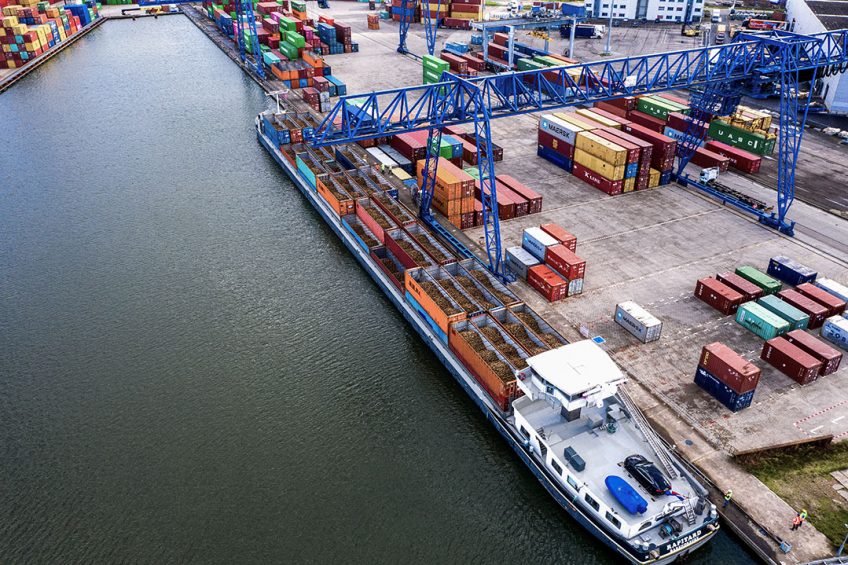Animal welfare groups scrutinise EU free trade deals

Animal welfare groups say free trade deals, such as the EU-Mercosur agreement, are bad for animals, people, and the environment. They are calling for the European Commission to limit the volume of poultry meat and bovine products entering the European Union.
They argue that the EU should also condition market liberalisation only to products that comply with high animal welfare standards. This would, they say, not only restore the level playing field, but also incentivise producers based on trading partner countries to adopt higher animal welfare standards and contribute to the United Nations Sustainable Development Goals (SDGs).
The Eurogroup for Animals said the study “Cumulative economic impacts of trade agreements on EU Agriculture,” had confirmed that unconditional market access granted in Free Trade Agreements (FTAs) significantly increases trade in animal products, fuelling intensive farming both in the EU and abroad.
The DG AGRI study looked at evaluating the impact of 12 FTAs either currently being negotiated or concluded by the EU on the agricultural sector towards 2030. It found that when FTAs were in place, EU pork and dairy exports grew, while the EU market was often fuelled by imported poultry meat, beef, and sheep.
 On demand webinar: Sustainability in poultry production
On demand webinar: Sustainability in poultry production
Poultry World looks back at a high-level, information-dense webinar on Sustainability in poultry production, which is now available on demand, completely for free.
Imports excluded from welfare standards
The Eurogroup for Animals said that given the relatively higher EU animal welfare standards did not imply to imported products, such surges in imports meant that EU consumers were likely to become more exposed to lower welfare imported poultry products. At the same time, EU producers would suffer from a deterioration of the level playing field along with pressure on meat prices.
The study found that the highest increases in imports are expected to come from Mercosur countries, where intensive farming is spreading due to export possibilities to Europe and Asia. This trend, argues the Eurogroup, not only implies poor animal welfare conditions, but also raises public health concerns in terms of zoonoses and antimicrobial resistance (AMR).
 Antibiotic reduction not always straight forward
Antibiotic reduction not always straight forward
In many countries around the world, there is a strong focus on reducing the use of antimicrobials in livestock production.
Intensification of animal production also generates high levels of deforestation, which impacts the welfare of millions of wild animals: “The study confirms our position that the EU-Mercosur trade deal, as it stands now, is not only bad for the animals, but also for people and the environment.”
European poultry meat organisation AVEC heavily criticised the European Commission in 2019 when it agreed to an additional 180,000 tonnes of poultry meat entering the EU from Mercosur countries (mainly Brazil), saying it meant a significant loss of EU jobs in rural areas.












